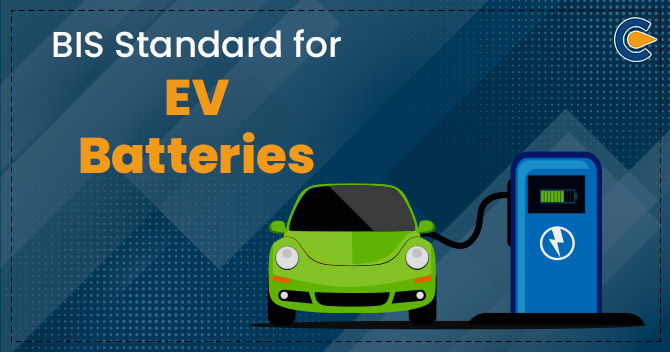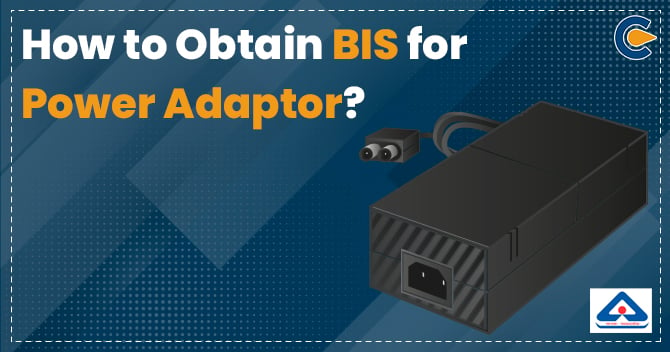The BIS Standards for EV Batteries were enforced to prevent occurrences of faults or errors such as fluctuating temperatures of the battery running either extremely high or extremely low in case the EV batteries have not been utilised for a long time.
The Bureau of Indian Standards, also known as BIS, released an Official Notification which stated the regulations needed to be followed by the National Body for framing Standards for all types of products along with the published Standard Testing Specifications explicitly for lithium–ion traction battery packs for Electric Vehicle Batteries also known as EV Batteries.
The BIS Standard IS 17855:2022 for Electric Vehicle Batteries is set in accordance with the ISO 12405-4:2018. The BIS has also declared to soon issue standards that are to be immediately applicable for Electric Passenger and Goods Carrying Vehicles.
When the Draft of BIS Standards for electric vehicle Batteries was introduced via the Battery Swapping Policy in April, the National Institution for Transforming India Aayog, also known as the NITI Aayog[1], highlighted the need for the enforcement of the BIS Standard for EV Batteries.
What are EV Batteries?
Electric Vehicle Batteries, or EV Batteries, and needed for operating Electric Vehicles, such as Electric Motors and Rechargeable Batteries. In the past decade, there has been a significant rise in the production of EV Batteries in terms of “Visibility” and “Availability” in the market.
The BIS Standards for EV Batteries are to usually include the specification of the size of the battery, the connectors, the quality of cells and the capacity of the batteries.
What are the BIS Standards for EV Batteries?
The newly set BIS Standards for EV Batteries incorporate the Testing Process that covers the basic Characteristics, Performance, Reliability and Electric Functionality for EV Battery Packs along with the system for either High Power or High Energy Applications.
The BIS Standards for electric vehicle Batteries state that “Safety” and “Performance” are the two crucial characteristics of all electric-based devices. The Requirements for battery systems’ power source for propulsion of vehicles differ for each model of batteries that is utilised for any stationary or electronic use.
The Ministry of Consumer Affairs, along with the consideration of the Bureau of Indian Standards, has laid down BIS Standards for electric vehicle Batteries, which are to be initially applicable for two-wheelers which are to be further implied for four-wheeler vehicles as well.
Conclusion
The Bureau of Indian Standards is set in accordance with the BIS Act, 2016 for the maintenance of Harmonious Development of Production Activities that sustain Standardisation, Marking and Quality Certification for Goods. The set Standards that are articulated after the Testings conducted for EV Batteries are in accordance with the parameters based on the performance, reliability, operation, temperature control, and other essential factors.
Read our Article:An Overview of Electric Vehicle Business in India













